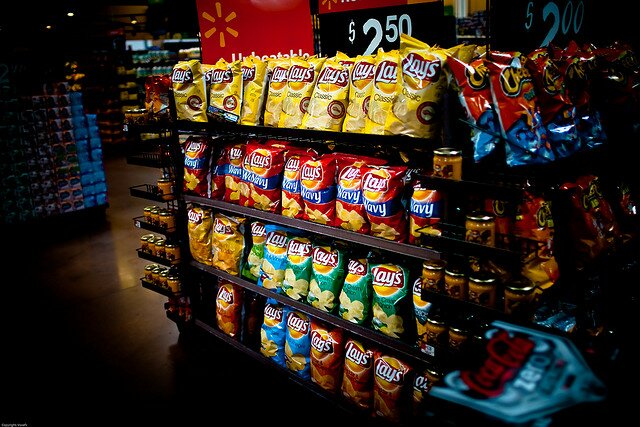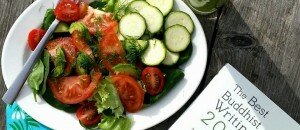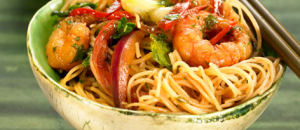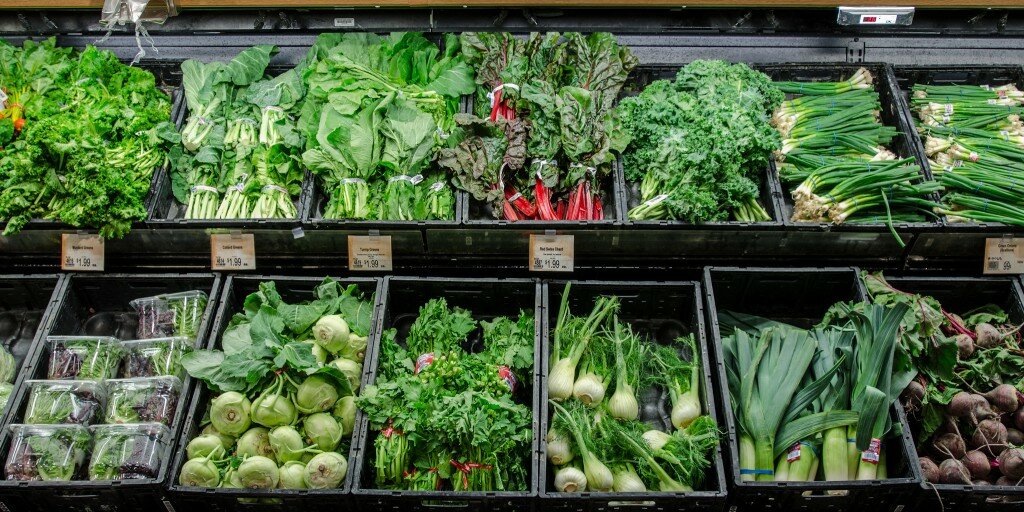
“You are what you eat.”
A very famous saying, that I’m sure you’ve all heard. However, something I have noticed recently is that this saying is used more and more often as a way to encourage those that are struggling on diets. It has, as of late, been interpreted in direct English as “if you eat junk, you’ll get fat.”
And I just can’t help but disagree with that definition.
I think I should provide some background on the origin of the saying itself. Here’s a tidbit to get us started: the phrase was not published in the English language until 1923.
It was, in fact, coined by French lawyer, politician, and gastronome Jean Anthelme Brillat-Savarin in 1826. Basically, he was an educated guy that really liked fancy food (or gourmet cuisine, if you will). “Dis-moi ce que tu manges, je te dirai ce que tu es.”
That is what he wrote in his book, “Physiologie du Gout.” (The actual title is much longer.) Brillat-Savarin’s use of the phrase was not from a health professional point of view (seeing as he was a lawyer), but more of an admirer of good food. Brillat-Savarin’s context basically translates this saying into: “If you eat low class food, you are low class.”
Fast forward 38 years, and we see the same phrase in Germany. Whether it’s a coincidence or not is unclear.
It was used by Ludwig Andreas Feuerbach, a philosopher and anthropologist, in an essay called “Concerning Spiritualism and Materialism.” “Der Mensch ist, was er ißt,” or “Man is what he eats.” Again, Ludwig was not a health professional, and his essay focused very much on spiritual matters, materialistic habits, and achieving happiness.
How, then, did the saying come to mean,
“eat chips, get fat?”
Well, I’m not looking to answer that question, because, personally, I don’t care. I would like to share what the saying means for me, and what it should mean for you.
“You are what you eat,” does not refer to your body fat or muscle percentage, nor is it a literal term that translates into “if you eat a chicken, you are a chicken.” The meaning for me goes way beyond that, more into the realms of philosophy than I would like to admit. It’s a way of saying, “If your food is whole and nutritious, and if you enjoy it, then you will be a happy person.”
The “if you enjoy it” part is of utmost importance, because many people eat whole and nutritious food, but do not enjoy it at all. They feel like it’s a chore, and they often crave a treat, but deny themselves of it, and I believe this is most destructive. It’s okay to treat yourself – have a cupcake, or a cookie – as long as you enjoy every bite. Much like Brillat-Savarin’s point of view, food is only worth eating if it bears an air of sophistication and happiness that you dream to achieve.
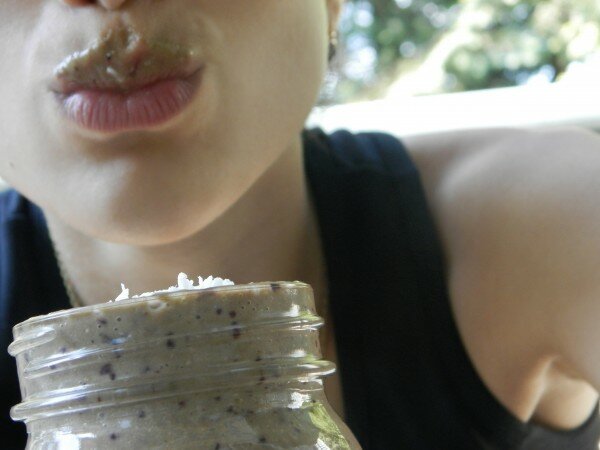
You are what you eat, so eat happy.
This is truly the mentality I live by in terms of food. Every time I go into my kitchen with a new recipe in mind, this is what I aim for: to make something that is enjoyable. This mentality goes into the process, ingredients, and presentation of every single one of my recipes. And I have to say, I’ve been pretty happy.
So, here’s an easy way to remember my definition of “you are what you eat.”: You have to enjoy the food you eat all the time, from the junkiest to the healthiest, because if your food is joyful, then you will be joyful as well.
Sources:
Comments
comments

